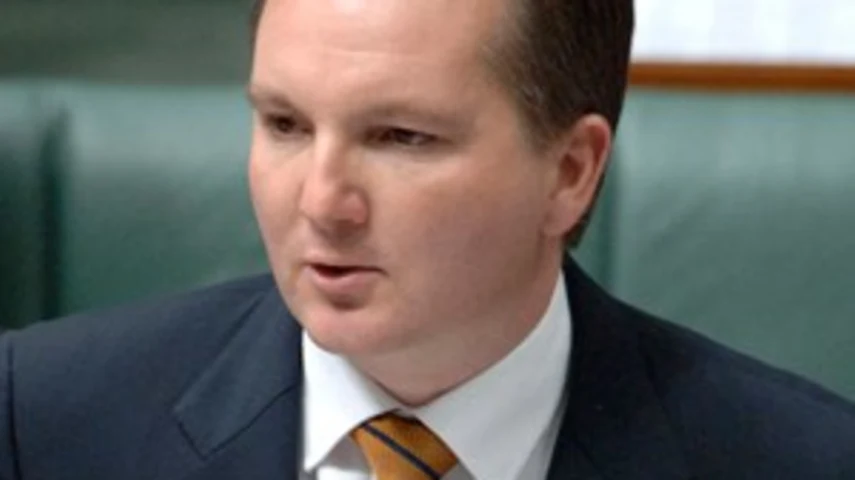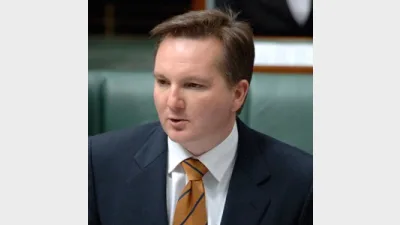Five years without fiddling with superannuation?



The Federal Treasurer, Chris Bowen, made a very good point when addressing the recent Financial Services Council annual conference in Brisbane – that in 1996 the then Federal Opposition promised to retain the Keating Government’s program to lift the superannuation guarantee but, ultimately, did not deliver.
Bowen gave the reference when suggesting that, in 2013, the Coalition had similarly committed to eventually lifting the superannuation guarantee to 12 per cent but would likely, as it did in 1996, reneg.
Or, the Treasurer must just have easily been referencing his own promise that a re-elected Labor Government would not significantly alter the superannuation tax settings for a period of five years, and that any policy change would be under the guidance of a committee of specialists.
One does not have to cast their mind back to 1996 to recall Labor’s failure on a superannuation promise. In 2007 the then Opposition leader, Kevin Rudd, promised that a newly-elected Government would not fiddle with the superannuation settings – “not one tittle”.
Thereafter, Labor imposed changes to the superannuation at every subsequent Budget.
Bowen’s promise of a five-year moratorium on major super tax fiddling must therefore be seen for what it is – a promise made in the run-up to a difficult election – which makes it only barely believable.
However, to be fair to Bowen, he did admit to the Financial Services Council annual conference last week that the sheer scale of Australia’s superannuation savings – and the beneficial tax treatment those savings are granted – would make them an ongoing temptation to Treasury officials and the Governments they serve.
What is more, the Treasury acknowledged that by committing to his five-year moratorium, he was not ruling out necessary changes at the margin.
The Coalition had earlier committed to avoiding implementing any unnecessary changes to superannuation and, in doing so, acknowledged that it would be guided by Budget reality as to what was sensible and what was not. To a degree, Bowen has given himself similar wriggle room.
In fact, the approach outlined by Bowen is simply an advancement of the Council of Super Guardians approach mooted by the former Minister for Financial Services, Bill Shorten, under which a group of Government-appointed specialists would guide policy direction.
The very nature and scale of the Australian superannuation industry dictates that it needs the sort of certainty that a five-year moratorium would deliver, but promises made in the heat of an election build-up must be seen for what they really are.
The proof of the pudding will always be in the eating – and no one in the super industry should relax just yet.
Recommended for you
In this episode of Relative Return Insider, host Keith Ford and AMP chief economist Shane Oliver discuss the Reserve Bank of Australia’s cautious stance in response to persistent inflation, subdued growth prospects, and political shifts affecting the nation’s journey towards net zero emissions.
In this episode of Relative Return, host Laura Dew speaks with Rachel White, head of financial adviser services at Vanguard about how advisers can help Australians to feel confident in retirement.
In this episode of Relative Return Insider, host Keith Ford and AMP deputy chief economist Diana Mousina take a look at the Reserve Bank’s unanimous decision to leave rates on hold on Melbourne Cup Day and whether future cuts are still on the cards.
In this episode of Relative Return Insider, host Keith Ford and AMP deputy chief economist Diana Mousina break down the spike in inflation numbers and what it means for the possibility of a rate cut as we move into the new year.







